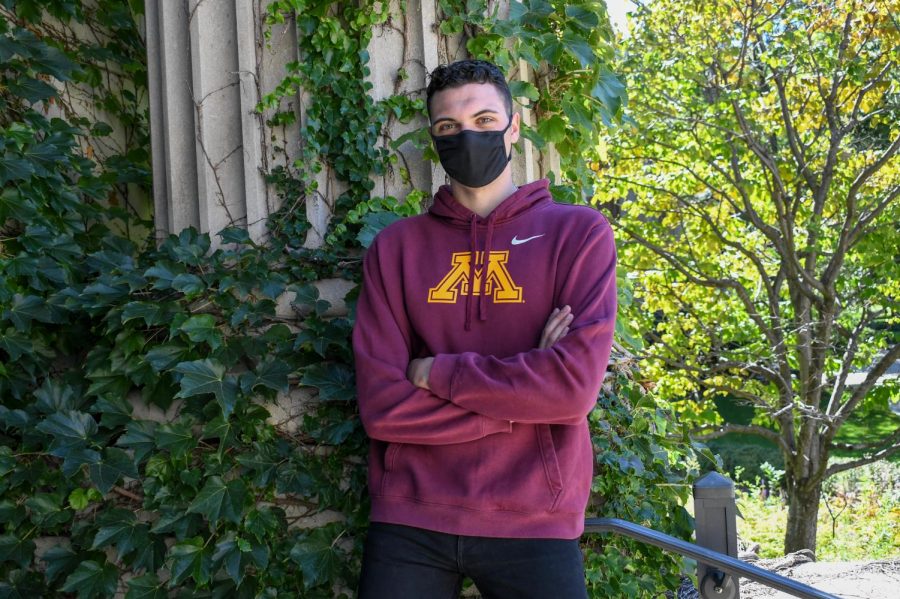The Minnesota Student Association Basic Needs Task Force launched last spring in response to growing food and housing challenges among students during the COVID-19 pandemic. The initial development of the task force was supposed to be done last spring but was put on hold when students left campus due to COVID-19. The task force will begin its work within the next week.
Amy Ma, the student body president, put food insecurity at the forefront of her presidential agenda when she was elected last spring. Before the outbreak of COVID-19, around 17% of students reported worrying about whether their food would run out before they had money to buy more, according to the 2018 Boynton College Student Health Survey.
“If you are going to school, you should have the basic necessities to achieve your academic goals without having to stress about, ‘Am I going to be able to afford rent? Am I going to be able to afford food? And am I going to be in a place that’s safe for me to attain my education?’” said Kyle Sorbe, chair of the Basic Needs Task Force.
COVID-19 highlights the need for a centralized form of advocacy within MSA, he said.
The task force’s first project is to develop a resource guide for students on campus who are struggling with food and housing insecurity. MSA plans to send out a newsletter next week with the task force’s official launch and an application for students.
The task force also plans to partner with organizations on campus, like the Nutritious U Food Pantry.
“There’s things that students can do that staff can’t always do,” said Rebecca Leighton, the founder of the Nutritious U Food Pantry and a Boynton Health promotion specialist. “I’m excited just to have a stronger relationship with [Sorbe] and MSA, and to see what the students can accomplish that will complement our work and how we can share resources with them.”
Leighton, along with her colleague Mikaela Robertson, also co-leads the Thrive: Basic Needs Coalition, a group that addresses food and housing insecurities at the University.
Robertson’s focus within the coalition is to find longer-term housing solutions for students, with her current project centering on affordable temporary housing for students dealing with a housing crisis.
“We definitely feel like there’s a need for more student action and advocacy around student food and housing insecurity,” Robertson said. “Working together on this topic and dividing our work between what makes sense for you and what makes sense for students, I think we’re gonna be — collectively — much more effective.”


















